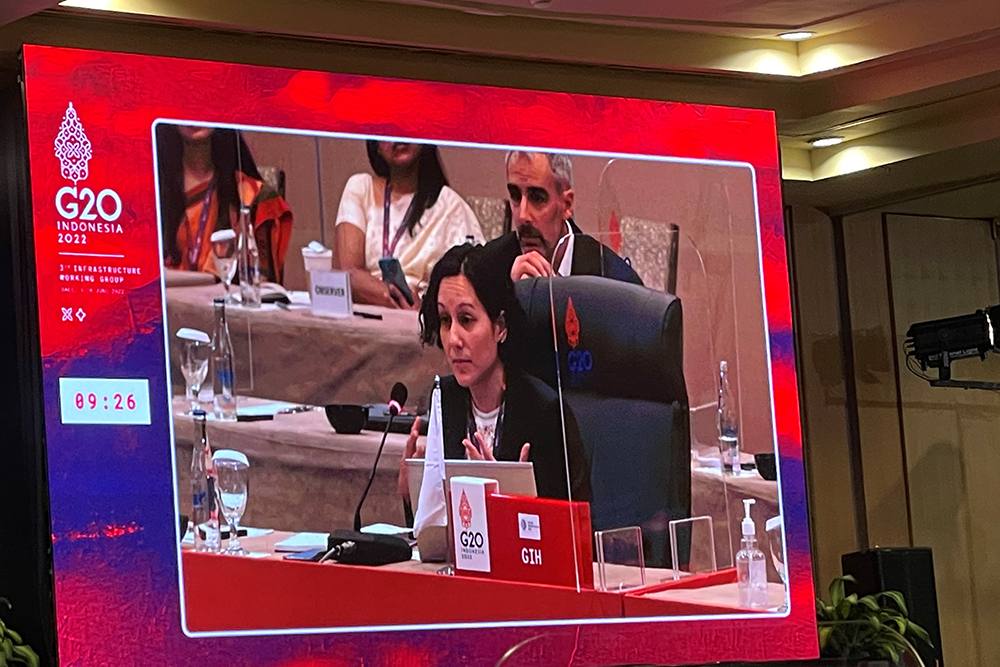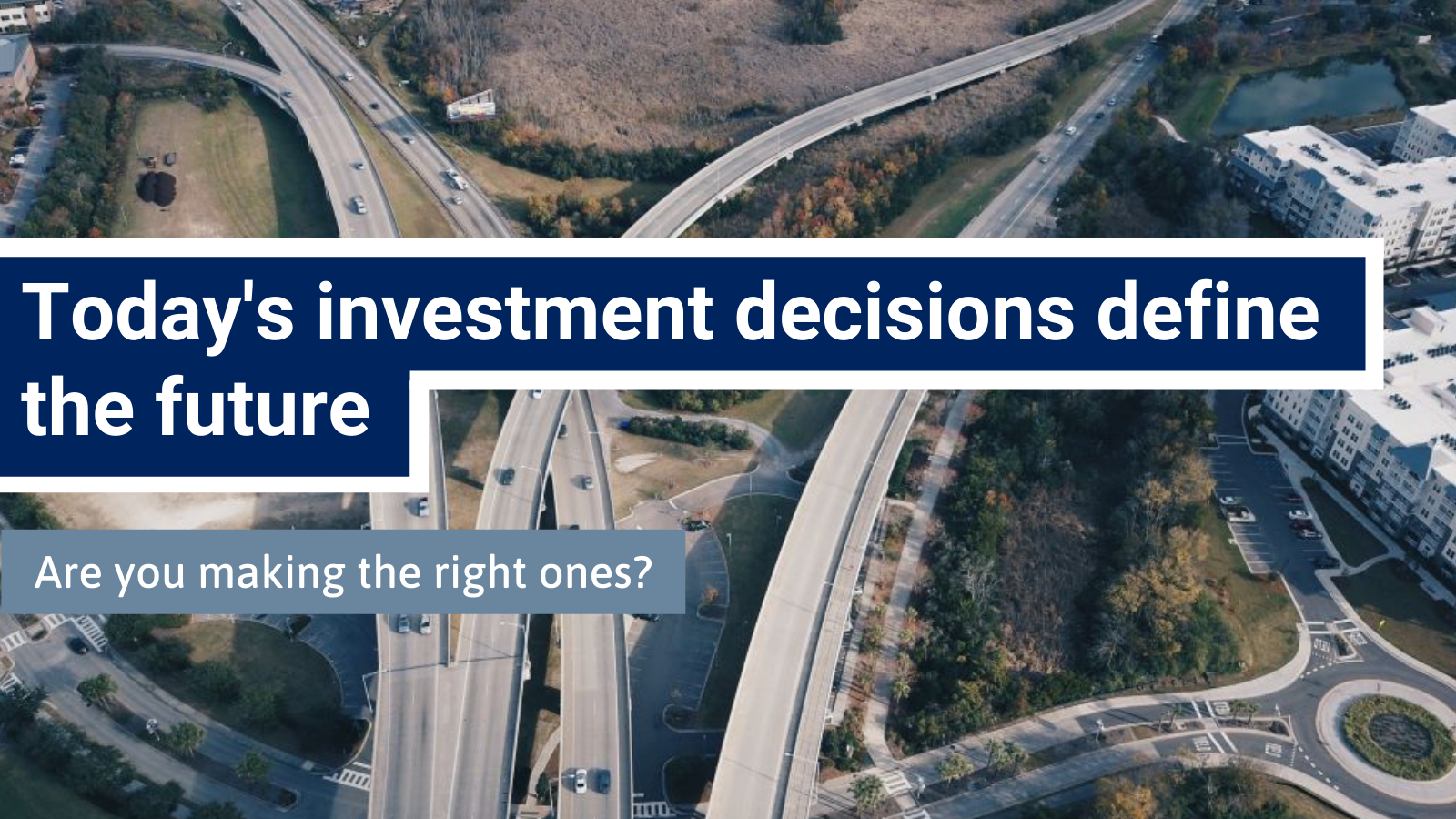1111 results found
Featured results



More results
Nicholas Yandle, Head of Programmes - Project Futures, UK IPA shares insights on their recent Roadmap, exploring ways to achieve digitalisation, standardised approaches and carbon emissions reductions when it comes to infrastructure delivery.
Policies that governments in emerging markets can advance to facilitate the mobilisation of private sector investment in green and climate-friendly infrastructure.

The GI Hub recently hosted a webinar that provided participants with a data-informed understanding of the state of infrastructure investment. In this article we present the main takeaways from the event.
Open data is another aspect of digitalisation that is gaining traction. This blog explores the importance of open data to infrastructure delivery and offers some practical steps for decisionmakers in the public and private sector to implement and utilise open data.

Preliminary evidence shows superior performance for some sustainable infrastructure investments in comparison with other infrastructure sector investments


The GI Hub presented our report on Infrastructure Transition Pathways, which explores infrastructure transition pathways to achieve global climate targets and sustainable development goals.
The 2022 SIFP fellows hail from 12 countries, and 40% are women
Created in 2018, this executive leadership program offers academic and practical training to public-sector officials in emerging market government ministries, municipalities, organisations, and agencies charged with the development, financing, and operation of infrastructure.
The COVID-19 pandemic boosted investors’ interest in digital infrastructure and digital services. Policymakers have an opportunity to amplify these effects by accelerating market reforms

Private investors have shifted away from non-renewables in both developed and developing markets. The appetite for renewables is stronger in developed markets.


Join us for a webinar that will highlight solutions for governments and project proponents to mobilise private financing and inclusive infrastructure investment in order to reach vulnerable groups and underserved regions.

Low private investment in the social, telecommunications, water and waste infrastructure sectors


Join the GI Hub for an overview of investment in the infrastructure sector and hear experts discuss the decisions that will drive strong investment outcomes as well as positive global impacts.
The Global Infrastructure Hub (GI Hub) has announced the formation of a Technical Working Group of global infrastructure, finance, and climate experts to provide strategic advice to the G20 and GI Hub on a forthcoming framework that will offer new recommendations for scaling up private sector investment in sustainable infrastructure.
Integrating ESG into infrastructure decisions requires a systematic and verifiable governance (implementation) approach of a projects ability to reduce environmental and social risk alongside long-term value for investors
The GI Hub began examining the regulatory capital treatment of infrastructure investments in 2019, as part of our initiative to address barriers to the establishment and advancement of infrastructure as an asset class
In line with the global focus on climate change and greenhouse gasses, Canada has committed to a Net Zero Target by 2050. The Quebec Government has developed the 2030 Plan for a Green Economy aiming at reducing greenhouse gas (GHG) emissions by 37.5% below 1990 levels by 2030
To seize the opportunities of this critical moment and increase private investment in infrastructure LMICs can implement a series of actions. The creation of a regulatory and institutional framework which promotes private investment or the development of solid project pipelines.
One Planet Summit reports on how blended finance can help scale up climate and nature investments.


Infrastructure project preparation capacity is weak across most regions of the world. It is critical to strengthen these capabilities to address one of the major bottlenecks in attracting private capital to infrastructure, which is the lack of a bankable, investment-ready pipeline of infrastructure projects



For investors seeking to diversify and optimise their portfolios, infrastructure debt and unlisted infrastructure equities are very strong options, according to long-term data






 Improving Delivery Models
Improving Delivery Models












